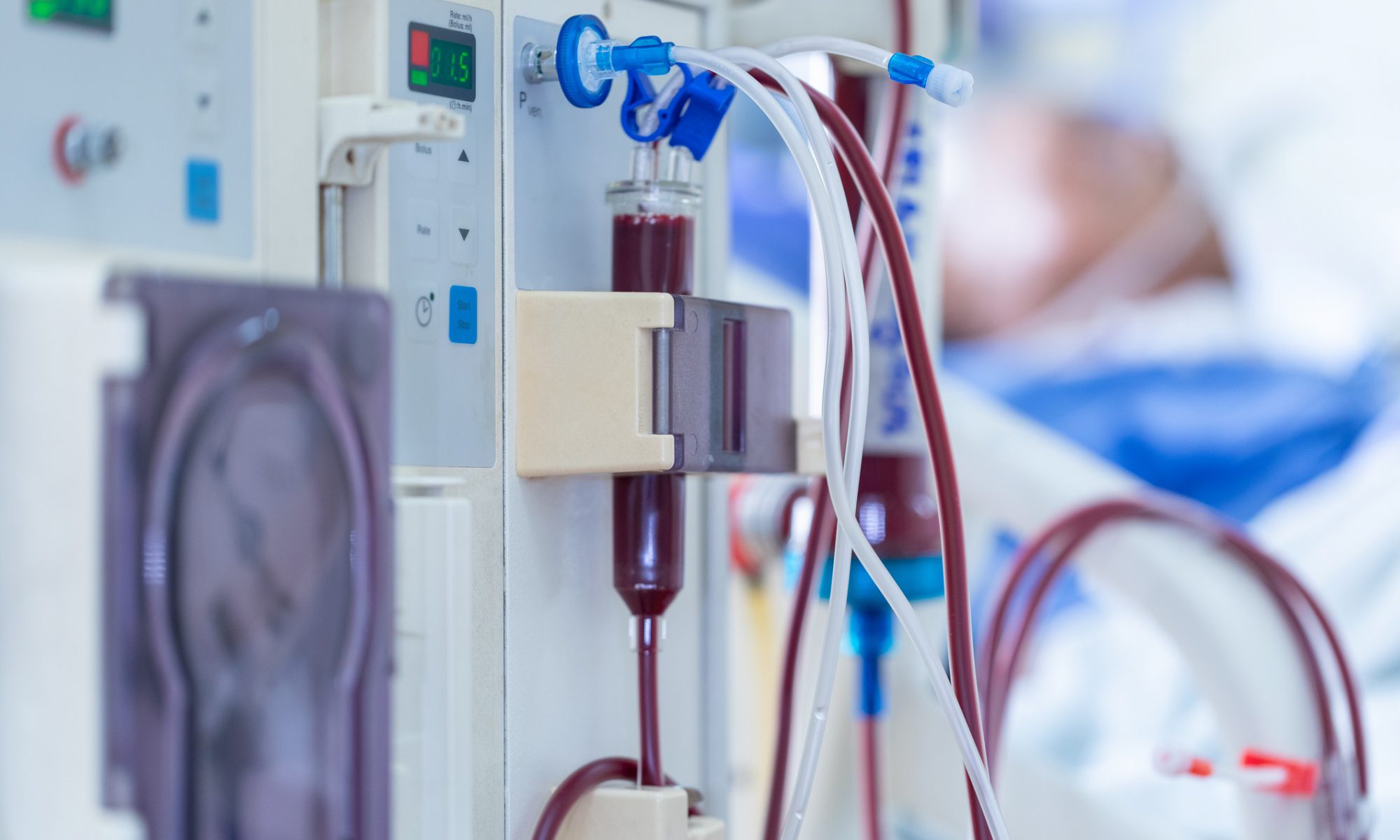Older adults are less likely to report depressive symptoms compared with younger adults at evaluations for kidney transplants, according to data published in Kidney International Reports.
Further, investigators found patients of any age who report any degree of depressive symptoms are unlikely to achieve kidney transplant listing. Read more.








